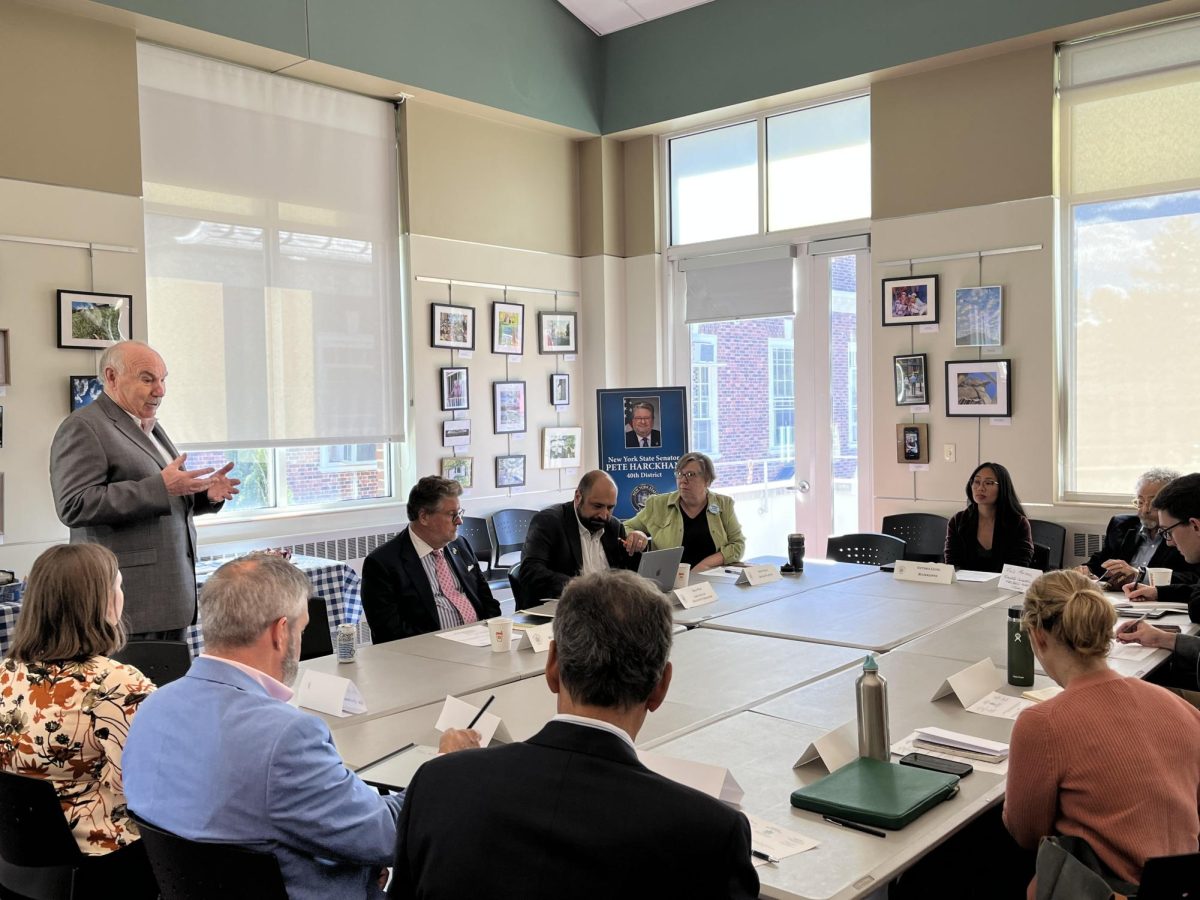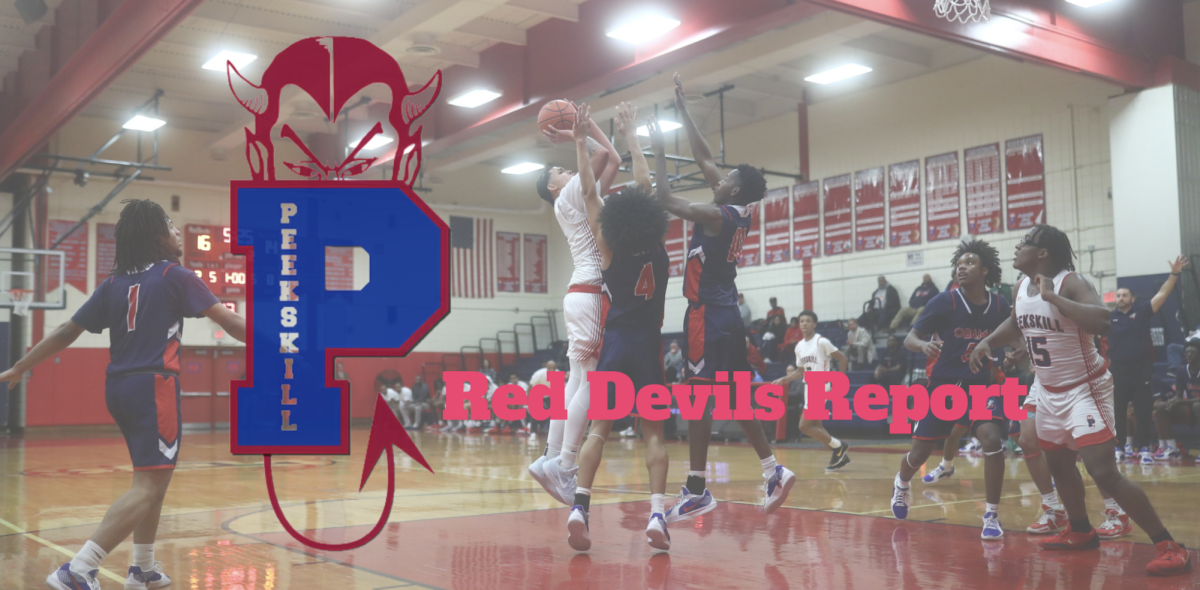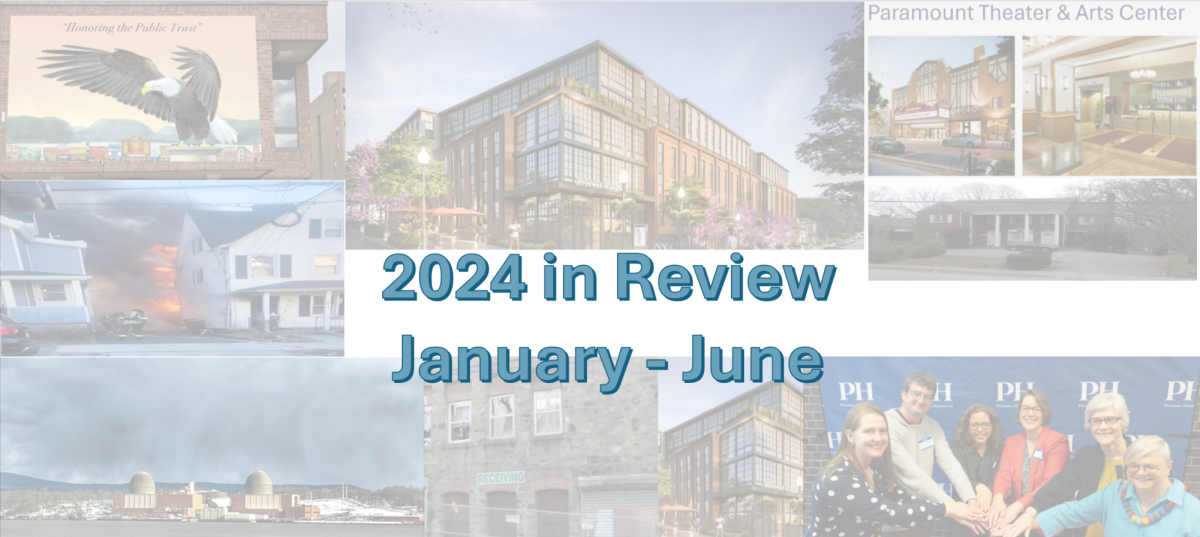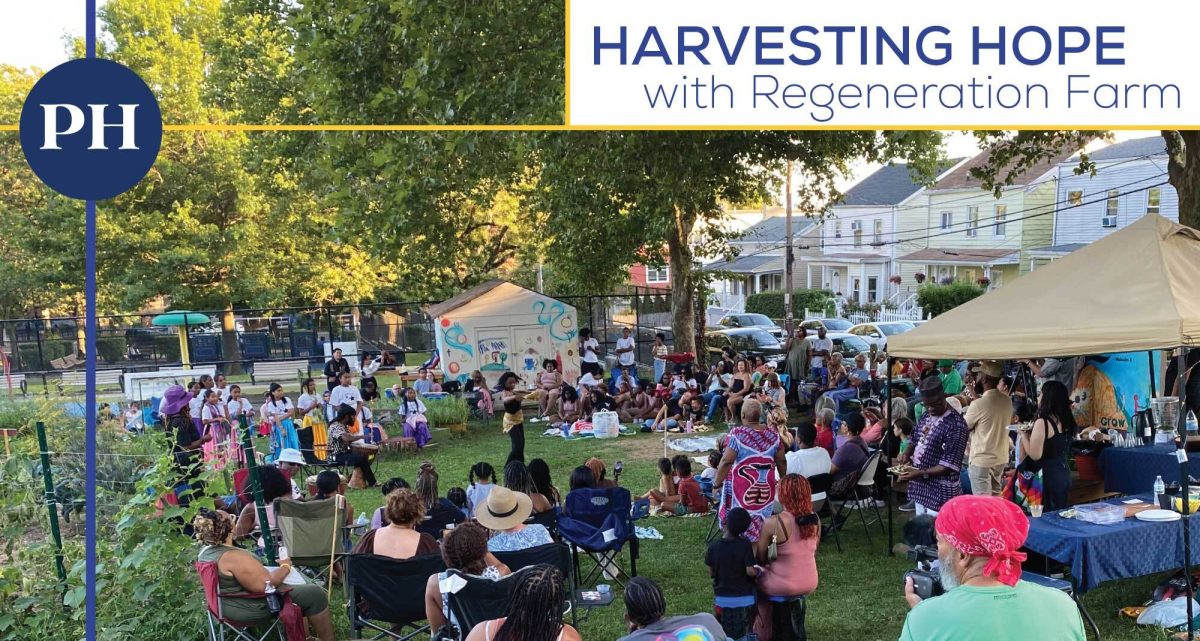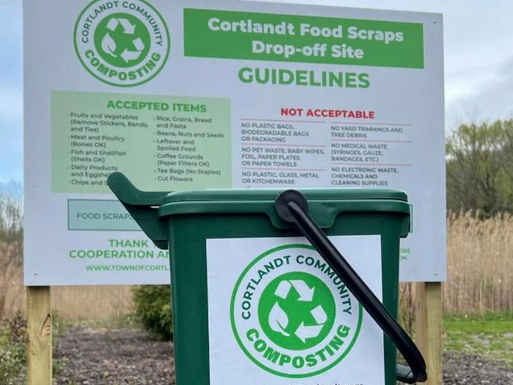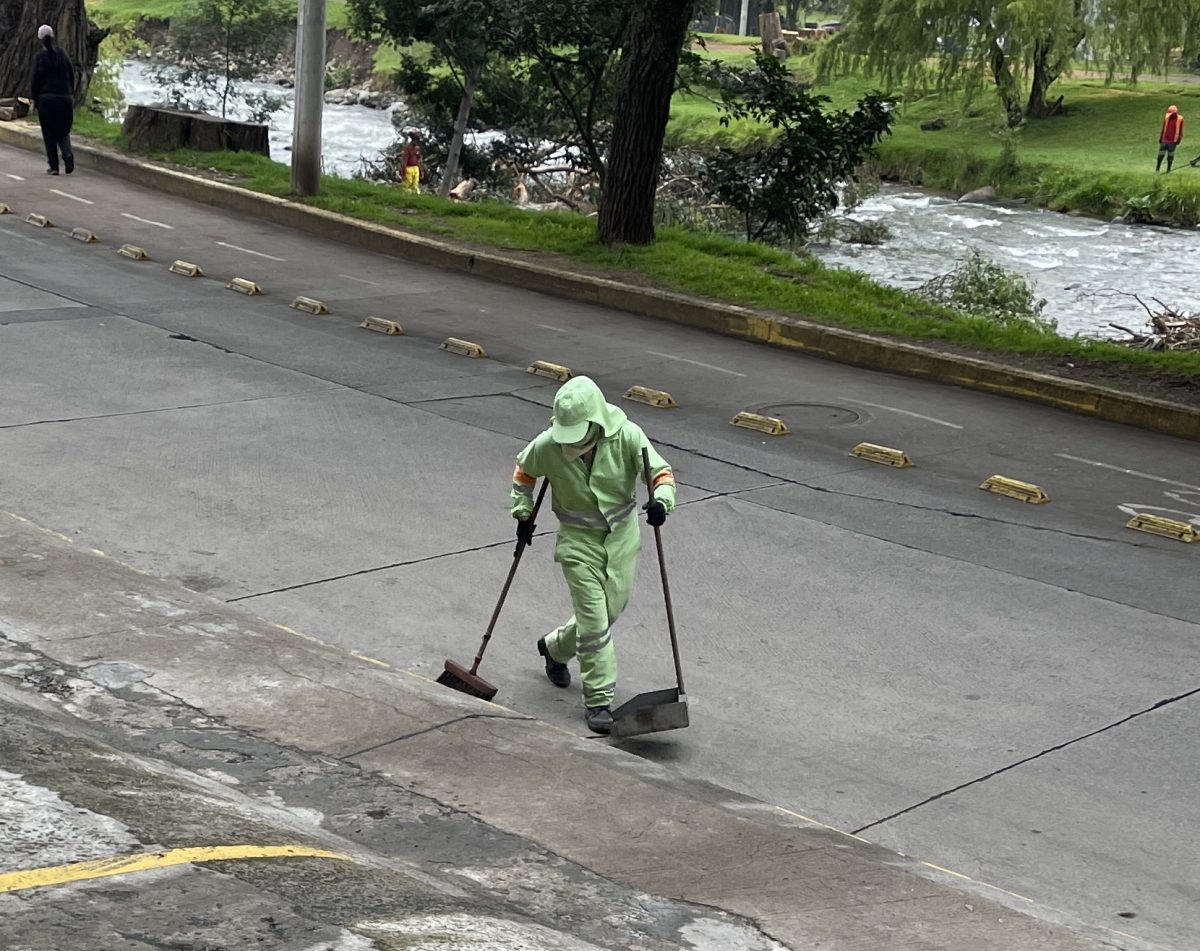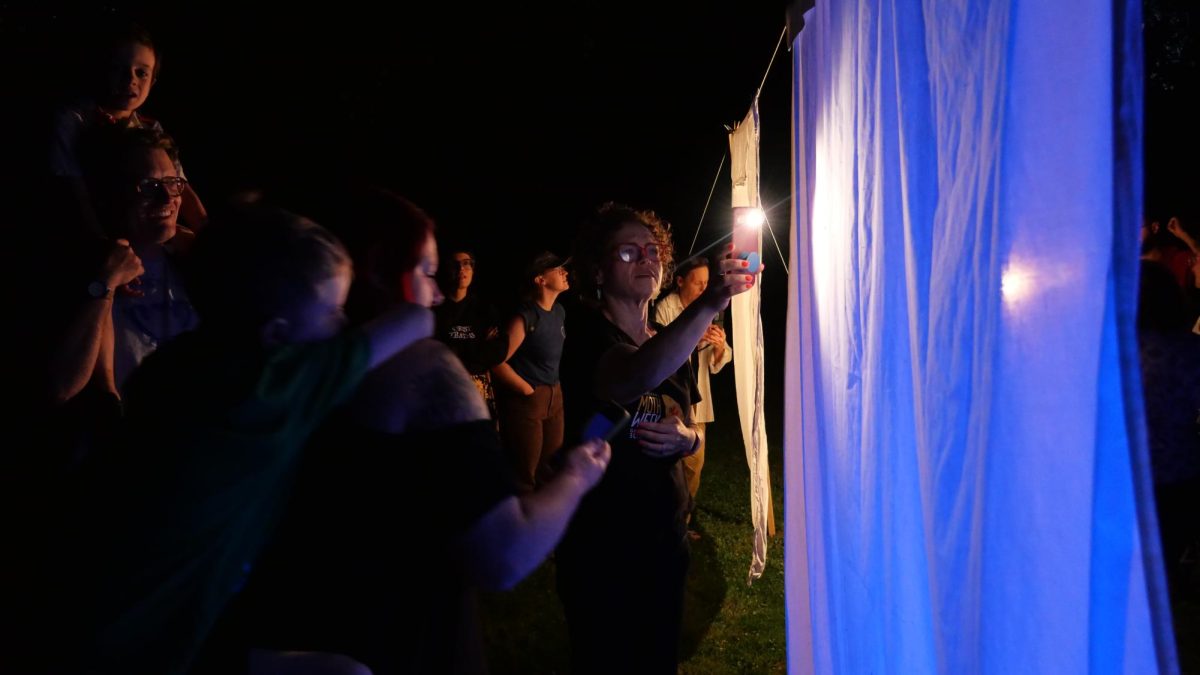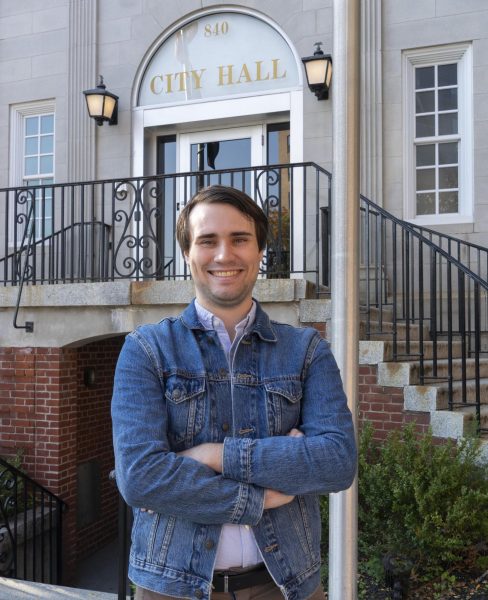Editor’s Note: This story was reported and written by Eric Harvey. Funding was provided by New York Community Trust – Westchester.
Environmental leaders aren’t taking any chances that the overturning of a 40-year-old legal precedent protecting such things as clean air and water could be challenged in state courts.
At last Thursday’s roundtable, hosted by state Senator Pete Harckham at the Mt. Kisco Public Library, some ten environmentalists strategized about the various scenarios reverberating from the June Supreme Court decision.
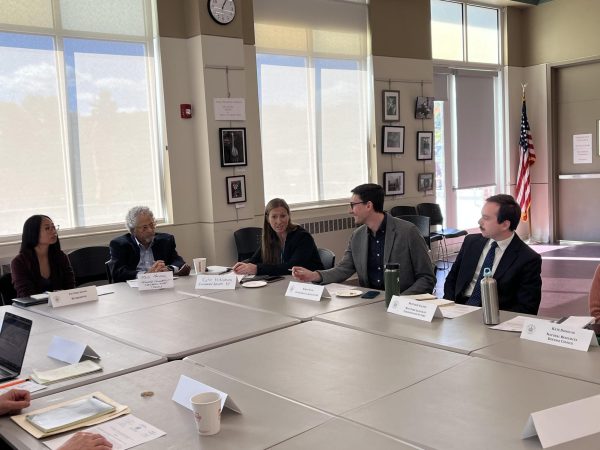
The Chevron Doctrine was a 40-year-precedent that required courts to defer to regulatory decisions made by federal agencies. However, the Supreme Court overturned that deference in the June Loper Bright Enterprises v. Raimondo ruling, sparking concerns by some that legal decisions which relied on the doctrine, such as the Clean Air Act and Clean Water Act, could now be overturned.
Attendees included the village’s mayor Michael Cindrich, as well as attorneys, directors, representatives and founders across several environmental groups, including the Natural Resources Defense Council, New York League of Conservation, Citizens Campaign for the Environment, Riverkeeper, Beyond Plastics, and Environmental Advocates NY.
During the roundtable Todd Ommen, managing attorney for the Pace Environmental Litigation Clinic, said that while there could be some federal implications, he does not perceive the overturning being consequential on New York State legislation.
“If there’s a ton of litigation that cuts back on (the Environmental Protection Agency)’s ability to enforce its own federal statutes, the burden falls more on then the state,” Ommen said. “Because you still have the power in almost every single context to make up the difference. You’re always allowed to enforce more strict standards, to adopt more strict standards.”
Ommen’s interpretation was agreed with by Kate Donovan, senior attorney and Northeast Environmental Health director of the Natural Resources Defense Council, who said the Loper ruling doesn’t cut off the deference to agencies completely.
“Could it have impacts on federal contexts? Yes, of course,” Donovan said. “But to the extent that we’re talking about some of our state decisions, it may not be necessarily that consequential, although there are obviously good practices for drafting legislation that are being considered in the federal context.”
Donovan said she thinks being clear how much you can delegate to the administrative agency and leaving less ambiguity are good principles to legislate. Ommen added that he doesn’t currently think any state regulation could be under a challenge.
Judith Enck, founder and president of Beyond Plastics and former EPA Regional Administrator during the Obama Administration, said that the two attorneys made convincing points but urged for closer examination of the overturning’s potential effects on programs that are deferred, such as clean drinking water and federal superfund sites.
“A lot of the pollution action in New York is from federal law that state agencies enforce,” Enck said. “So when those federal rules are challenged, it will have an impact on the quality of our life in New York. That’s why this conversation is really important, because we should take a close look at ‘can state law be more of a backstop because of all these delegated programs’?”
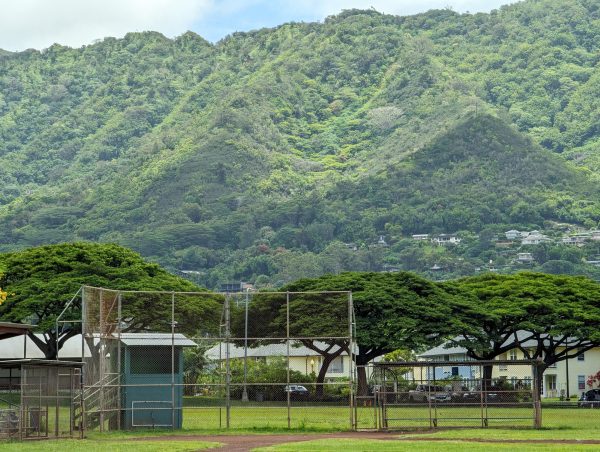
Donovan said that it is true at least in the environmental context that most of the state environmental laws do flow up to federal statutes. “They’re delegated, but they’re also embedded as state laws,” Donovan said. “It’s extremely complicated. I don’t think that anyone actually knows the full implication of when you’re talking about what federal rule might be challenged and how that will grow. I think it’s something to watch for and states can be the backstop.”
State Sen. Harckham said he found the roundtable to be very productive.
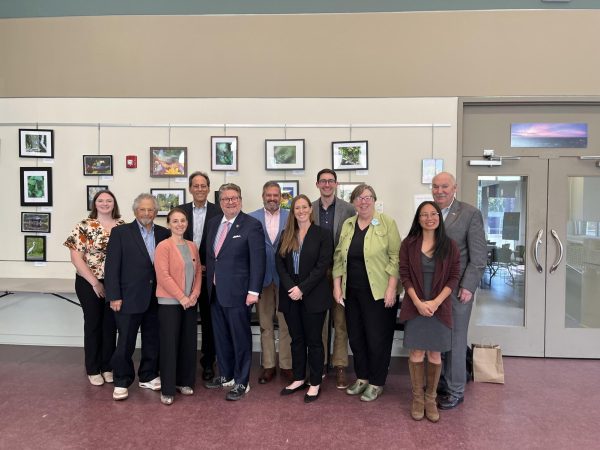
“Through the information of the panelists today, it sounds like we’re, for the time being, safe in New York State,” Harckham told the Herald. “The issue is if federal laws and rules that New York State implement are weakened through legal action at the federal level, then what do we do to protect that?”
Harckham said Indian Point, the Wheelabrator incinerator, and air quality continue to be an issue in Peekskill. He also added that he has a bill to address the state Department of Environmental Conservation and industries working with expired permits under old technology and old environmental standards.


